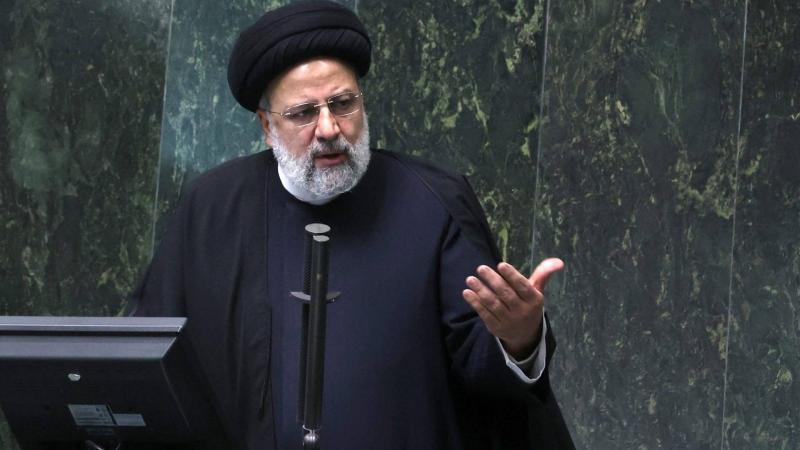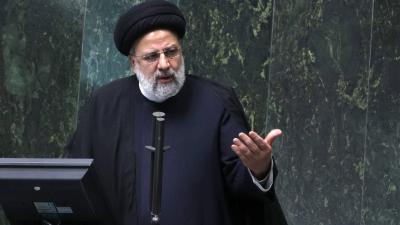Iranian President Ebrahim Raisi today held enemies of the country responsible for the poisoning of hundreds of schoolgirls across the nation. The incidents, which have not yet been explained, targeted more than 30 schools in at least four cities, beginning in November in the city of Qom, prompting some parents to prevent their daughters from attending school.
On Tuesday, Iran's Minister of Health confirmed that hundreds of girls in various schools had suffered from poisoning, with some politicians suggesting that they could be targeted by religious groups opposed to girls' education.
During a speech to a crowd in southern Iran, broadcast live on state television, Raisi accused the country's enemies of being behind the poisoning incidents, stating, "This is a security plan to create chaos in the country as enemies seek to instill fear and insecurity among parents and schoolgirls." He did not specify who these enemies are, but Iranian leaders typically accuse the United States, Israel, and other countries of acting against their interests.
According to a senior Iranian official, a fuel tanker found near a school in a suburb of Tehran was also spotted in two other cities and may have been involved in the poisoning incidents. Reza Karimi Saleh, the deputy governor of the Pardis district, informed the semi-official news agency Tasnim that authorities had seized the tanker and arrested the driver. Saleh is the first government official to announce the detention of someone in connection with the wave of poisonings.
He clarified that the tanker had also been in Qom and Boroujerd in Lorestan province, where schoolgirls had also suffered from poisoning. He did not provide further details. Additionally, Saleh mentioned that "the guards in the parking lot where the fuel tanker was parked also suffered from poisoning."
In Geneva, the United Nations High Commissioner for Human Rights called today for a transparent investigation into the attacks. Spokesperson Ravina Shamdasani expressed deep concern "regarding the suspicion of deliberately targeting girls in seemingly vague circumstances." She stated that the results of the government investigation should be announced and the perpetrators brought to justice.
Images and videos of girls in hospitals have circulated on social media, showing them reporting symptoms such as nausea, headaches, and irregular heartbeats. Reuters was unable to verify the authenticity of these posts.
Students and schoolgirls participated in anti-government protests following the death of a young Kurdish Iranian woman while in the custody of the morality police last September.




